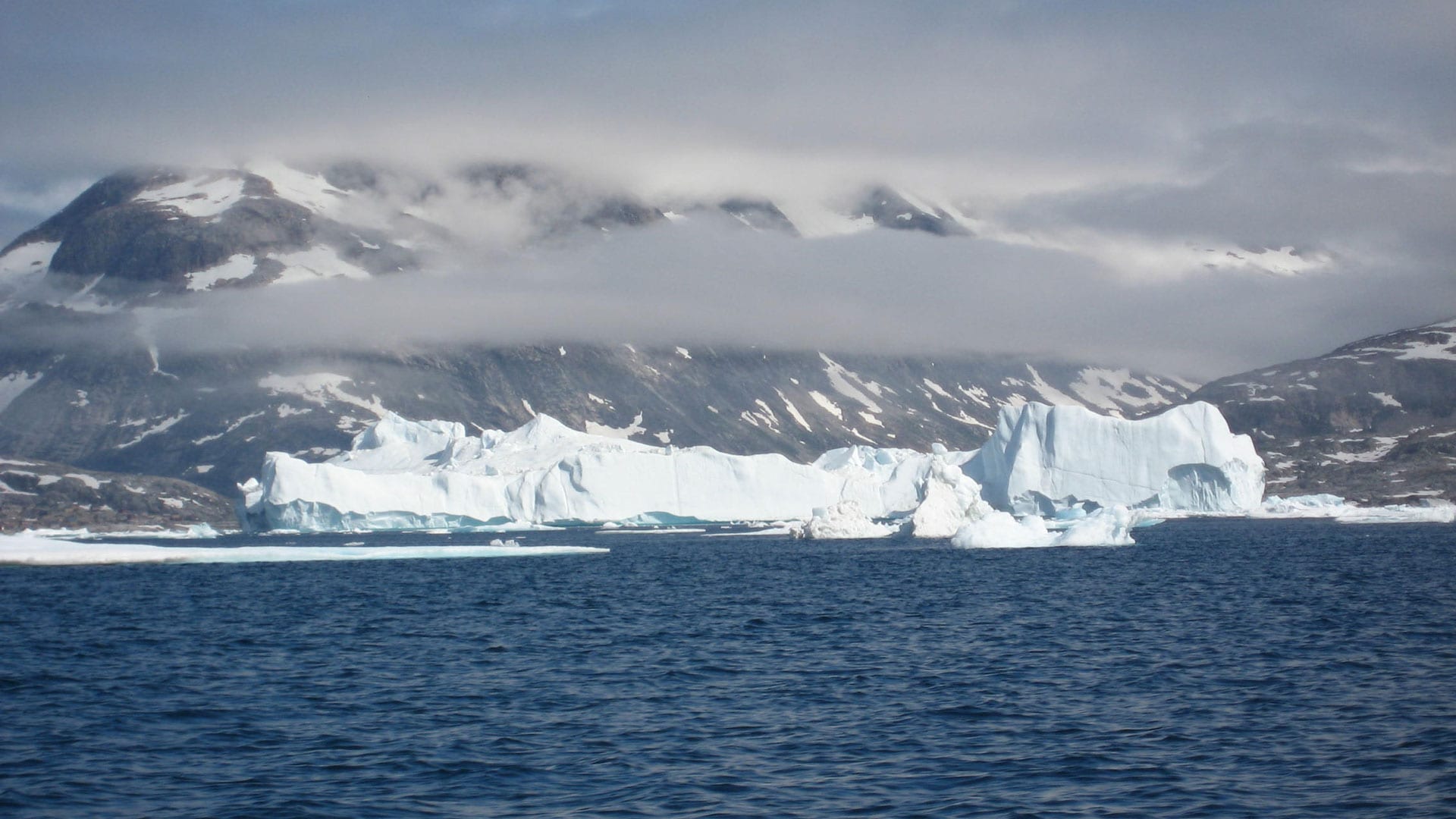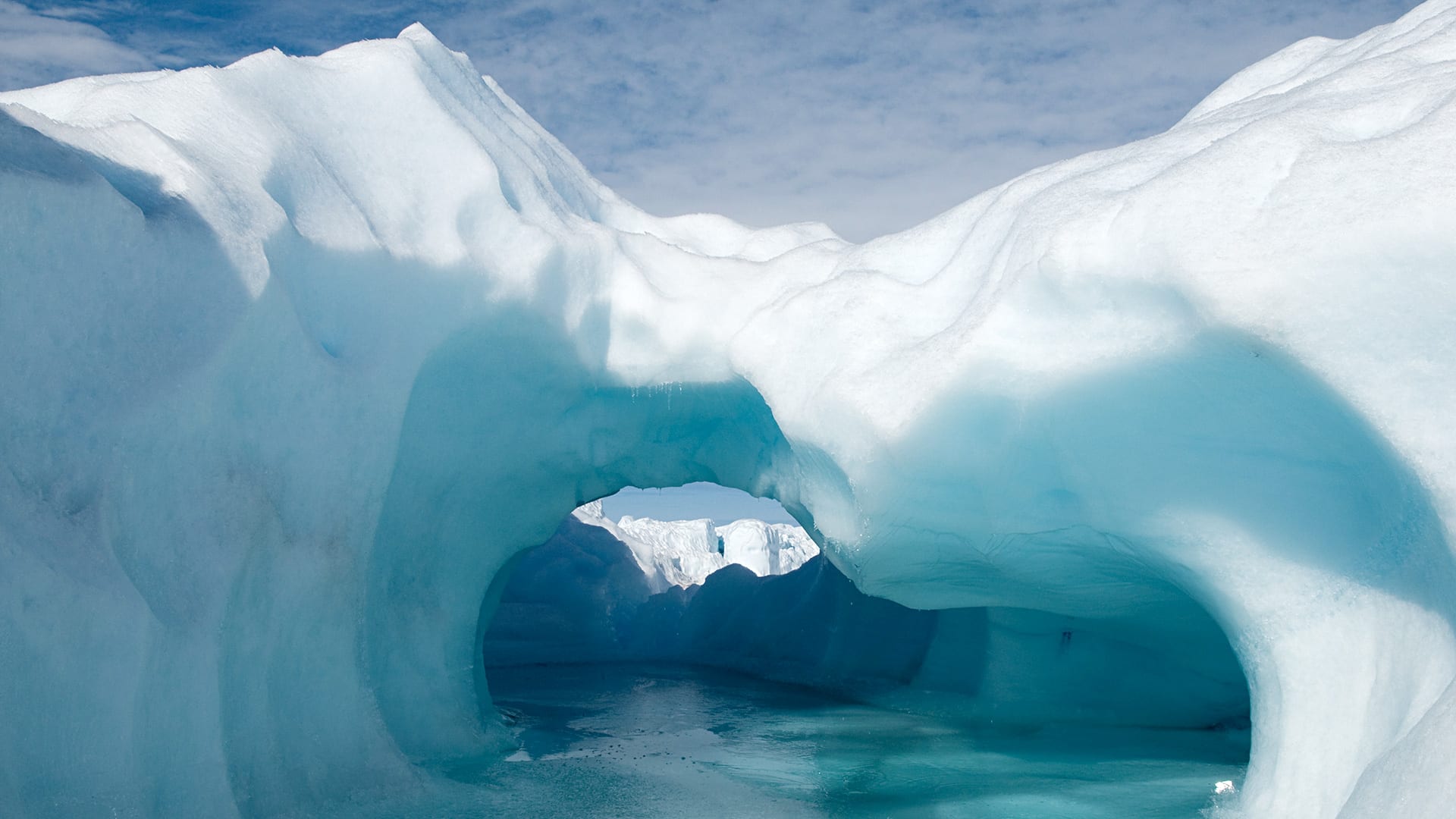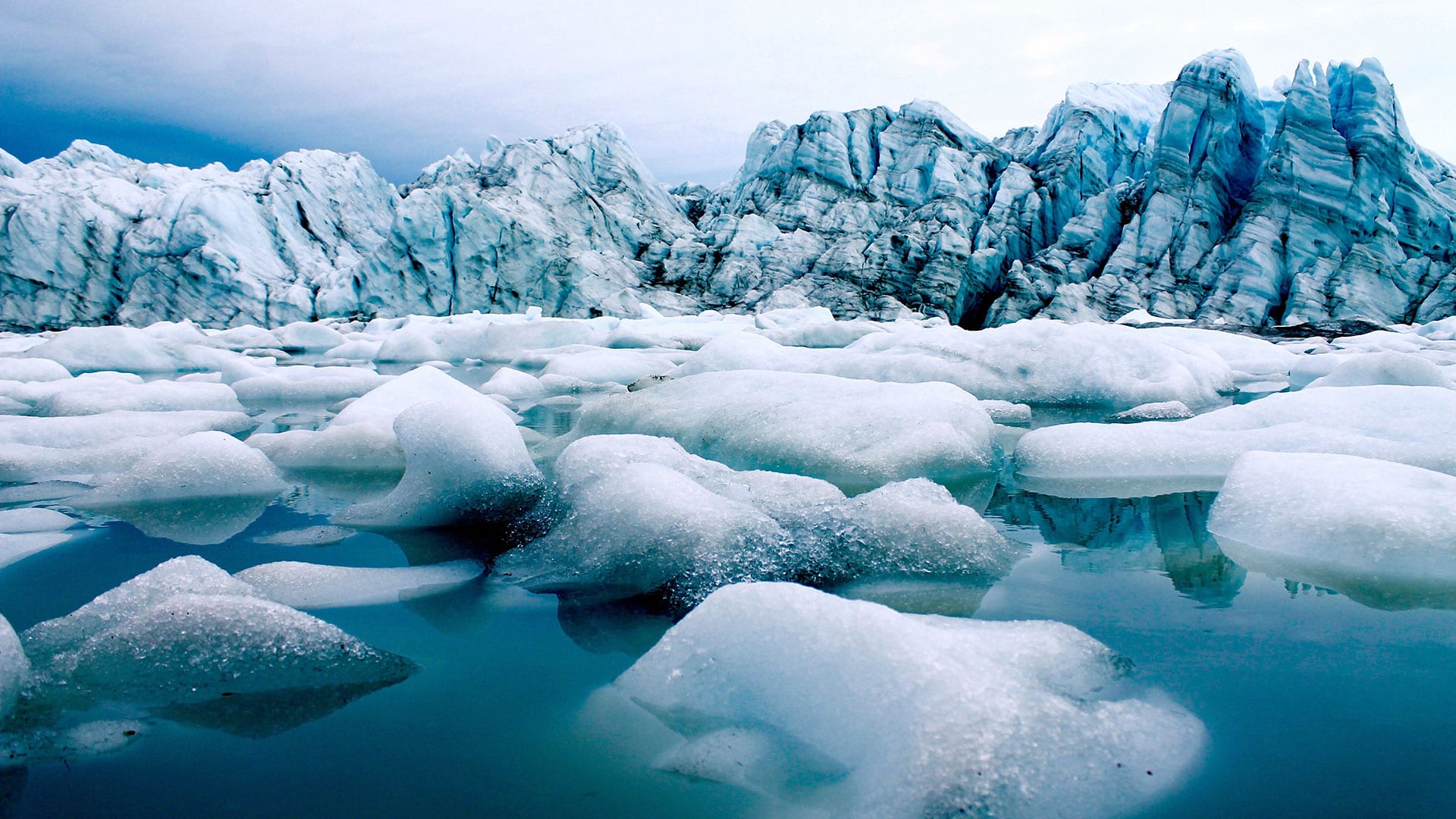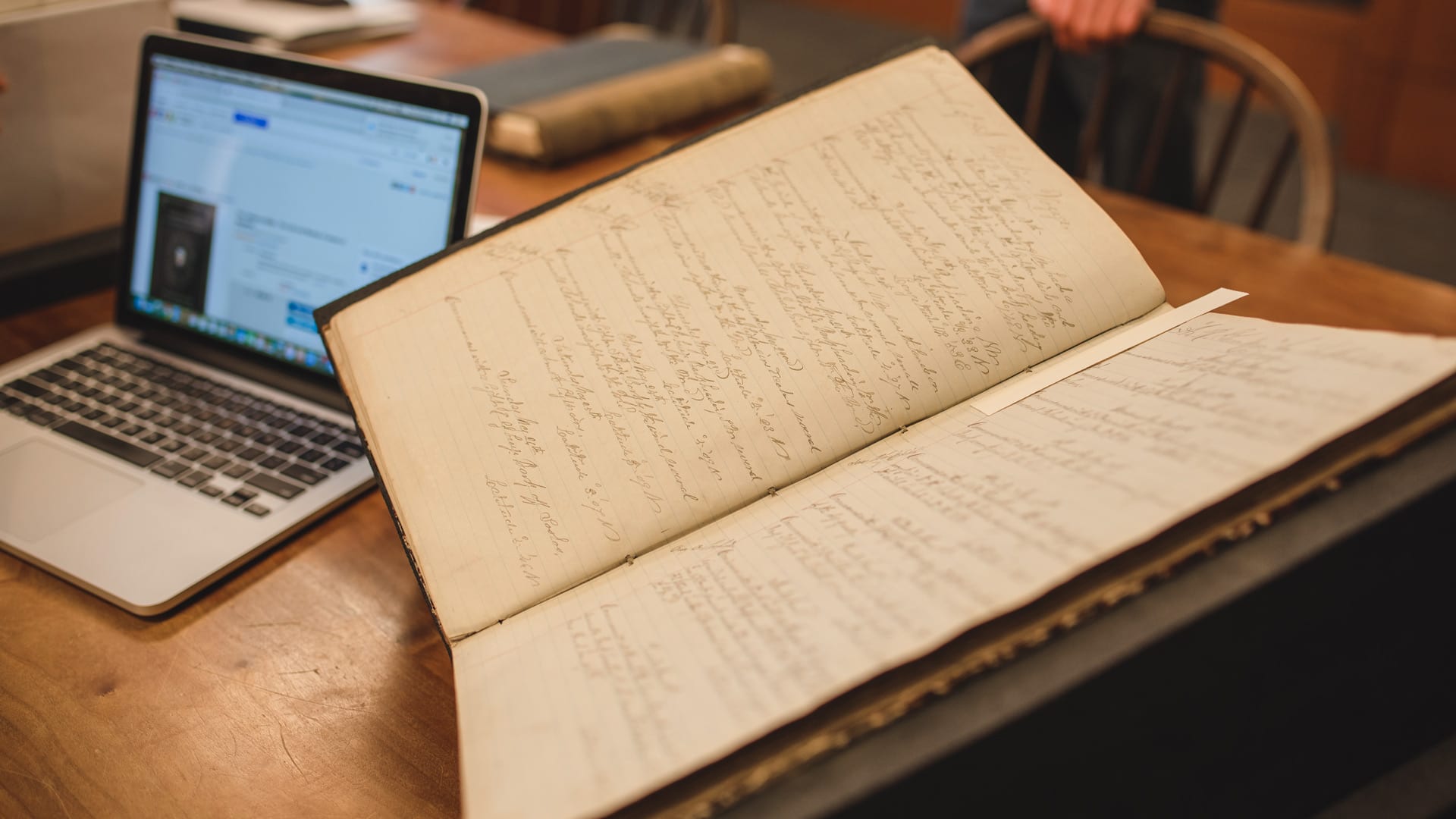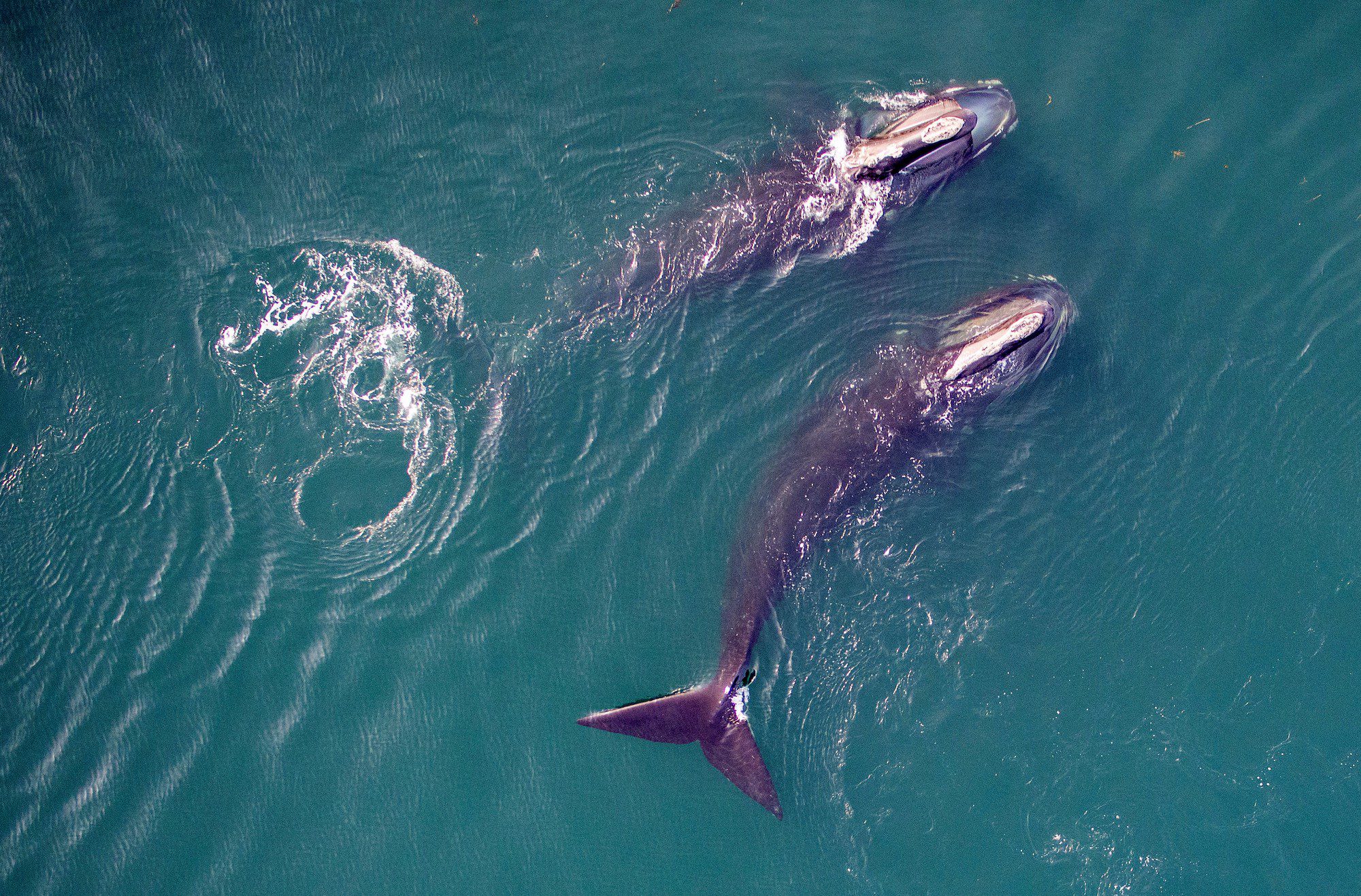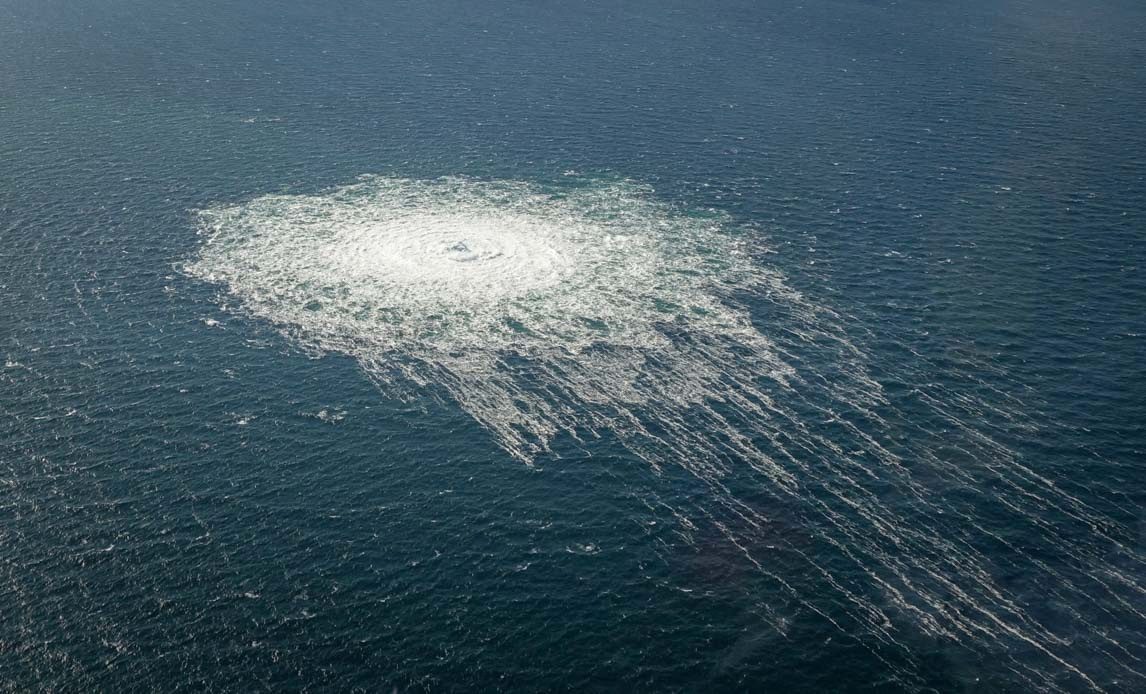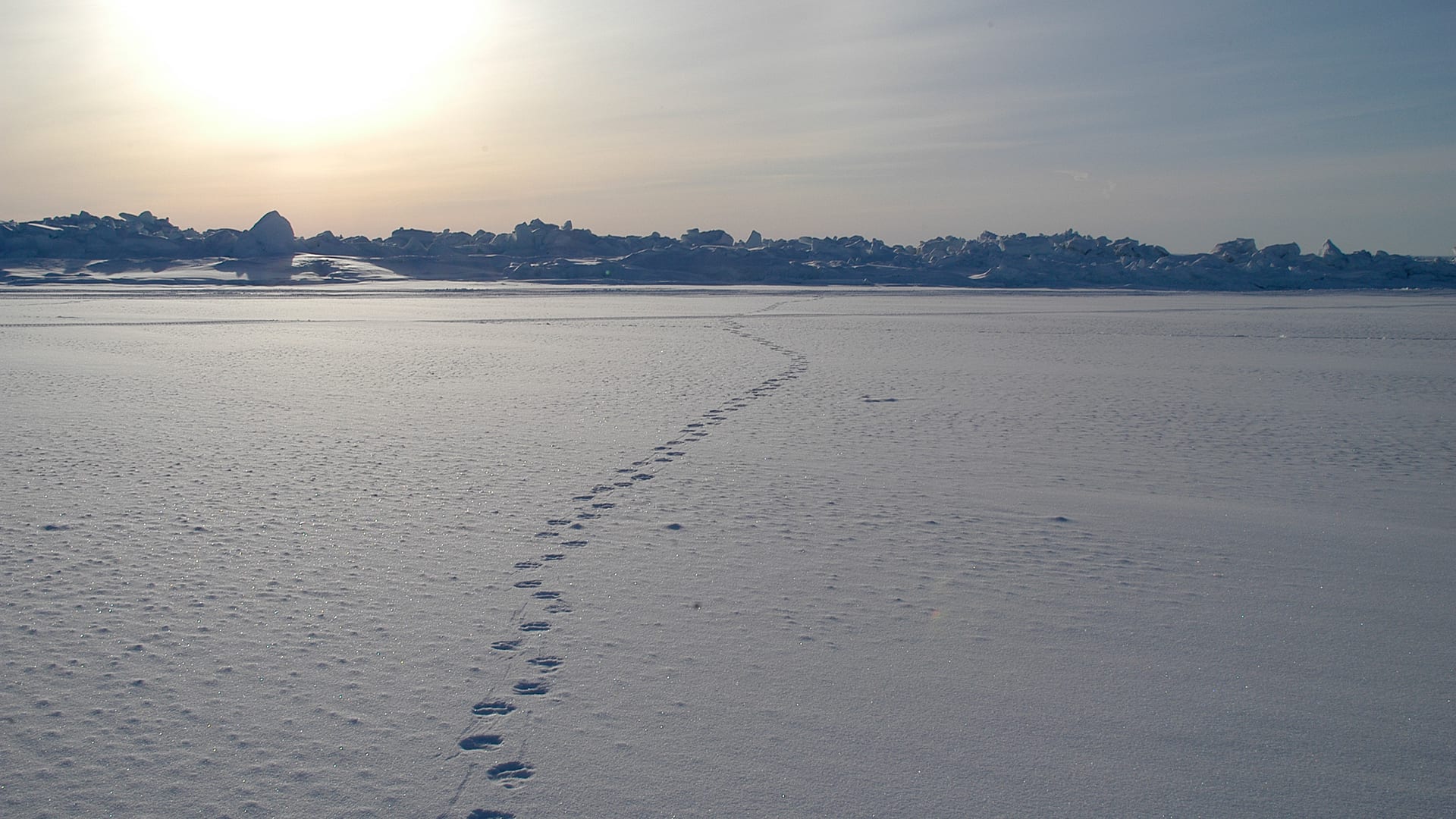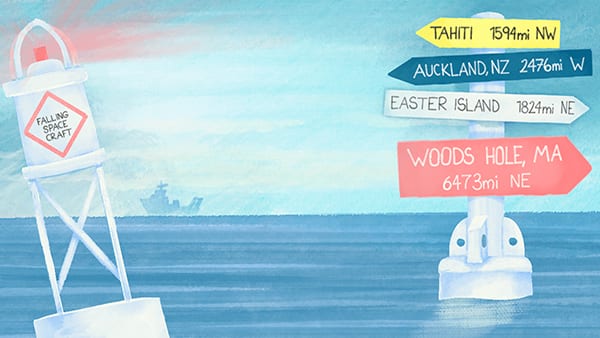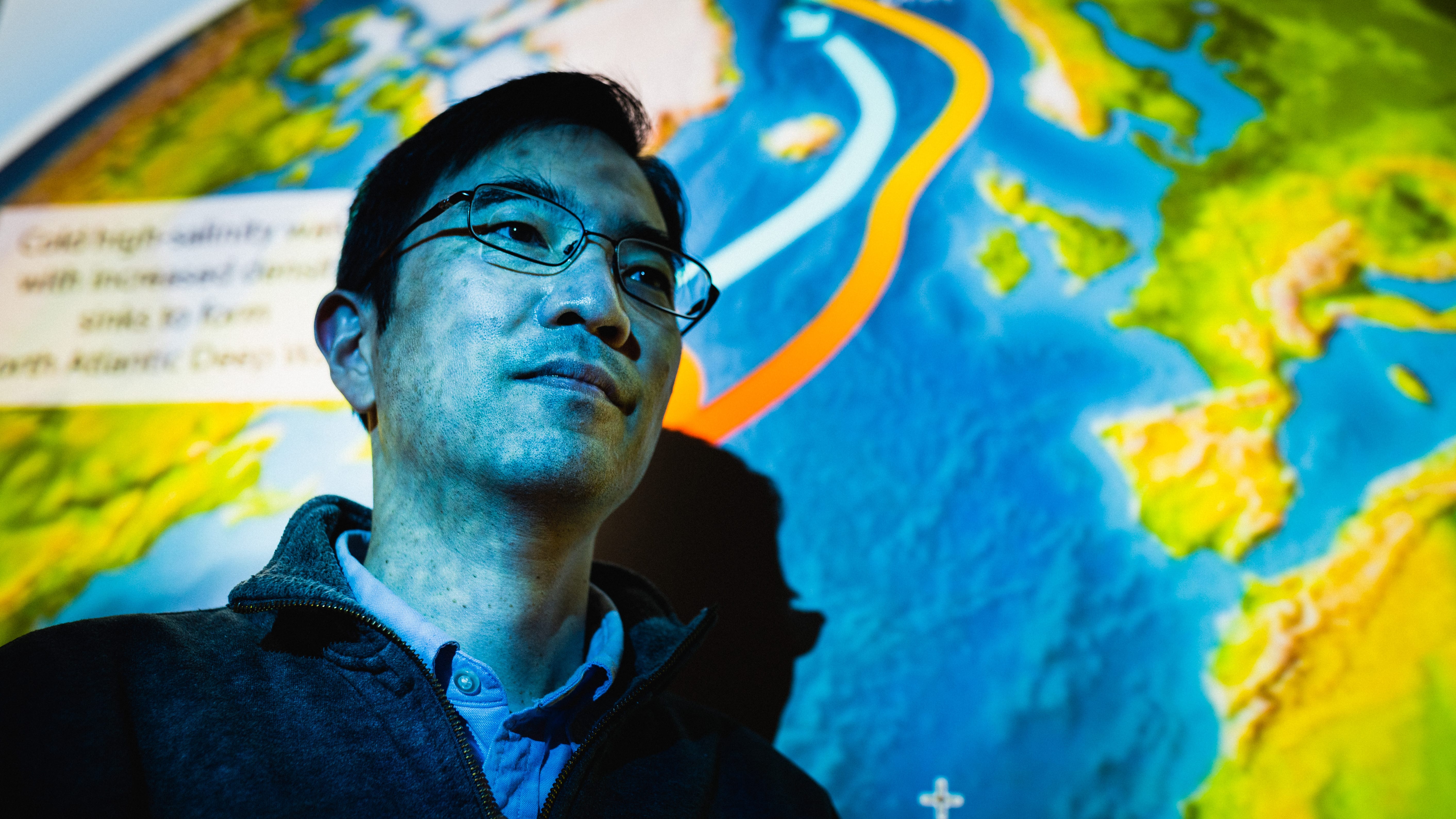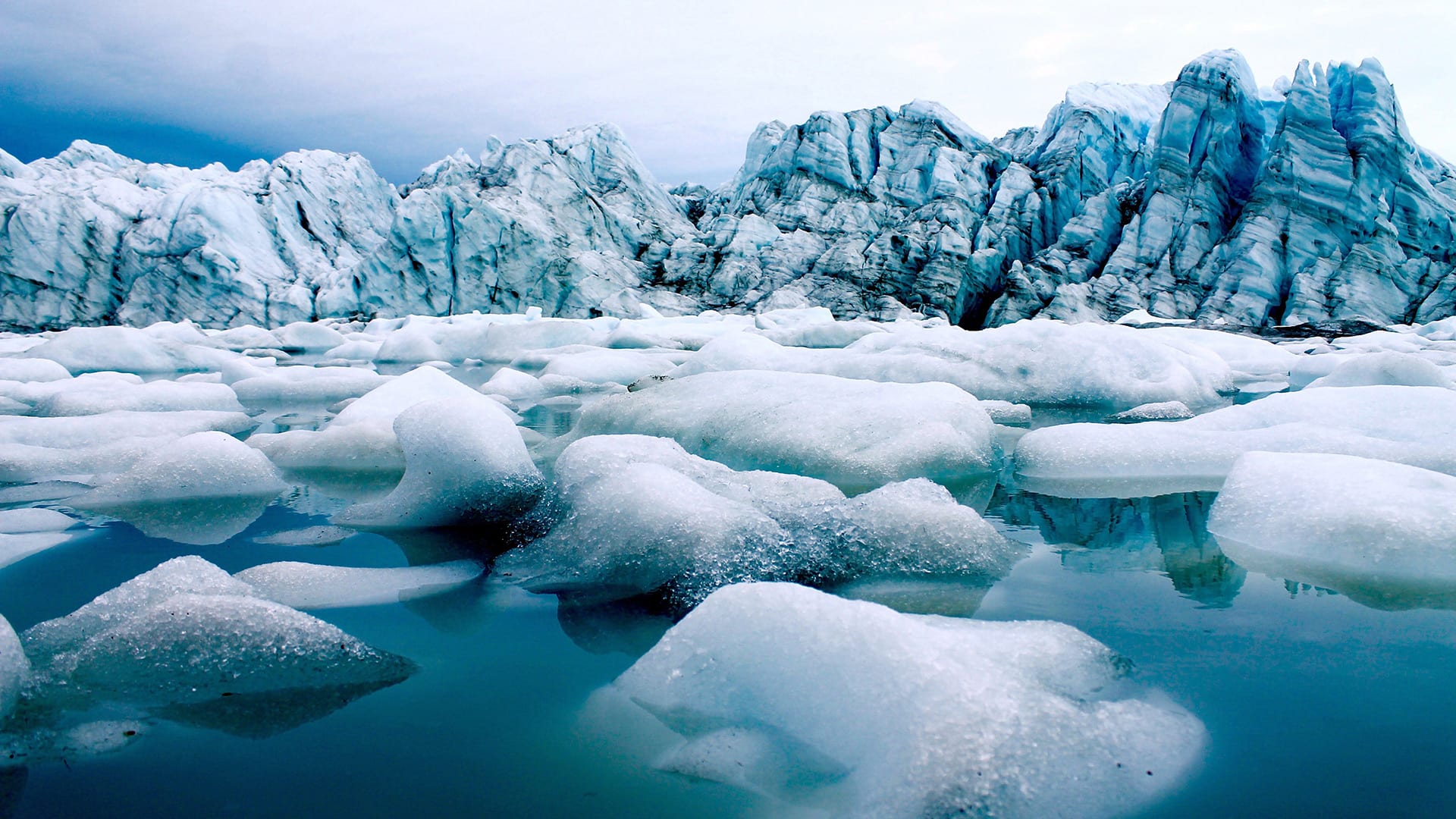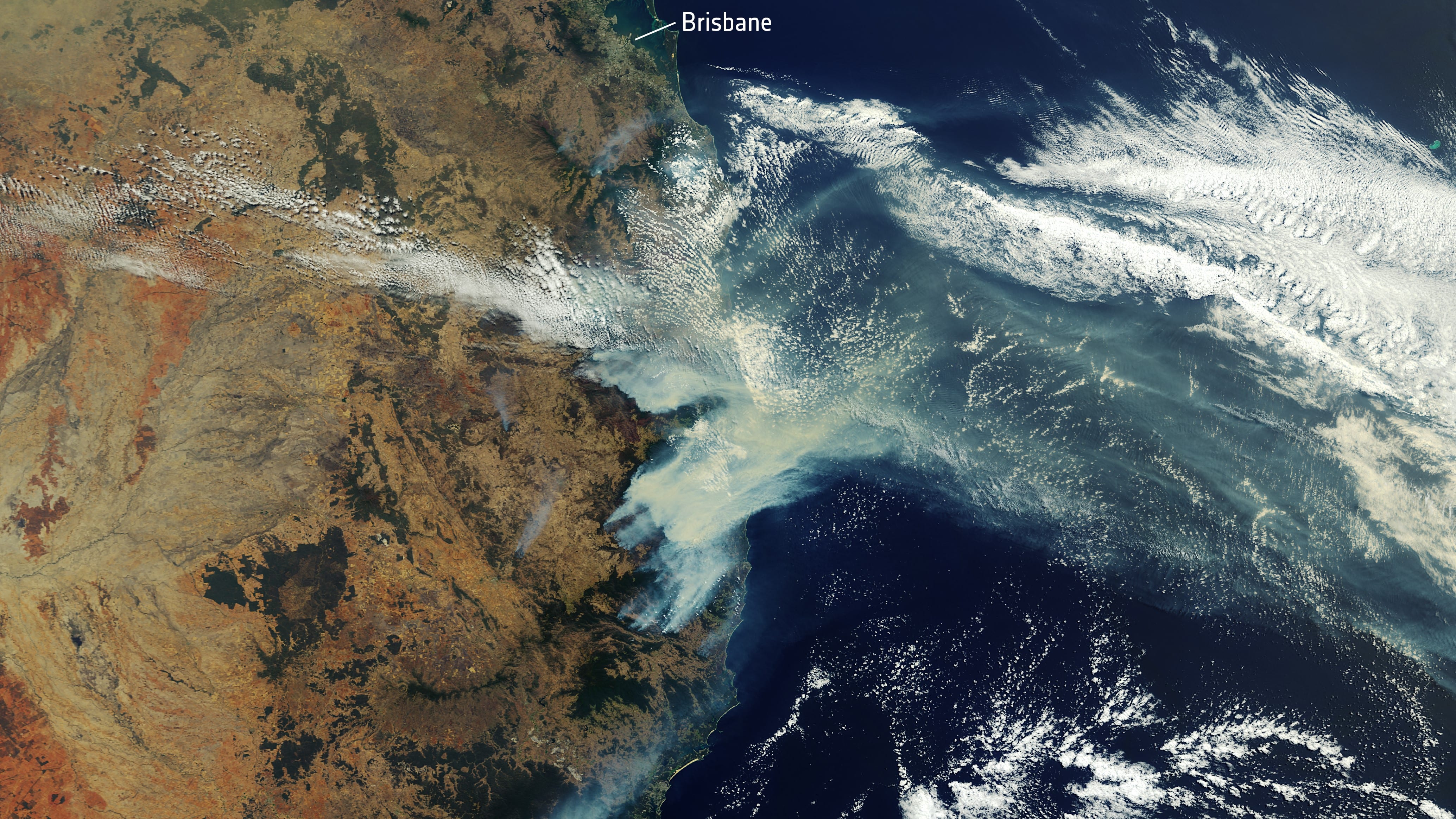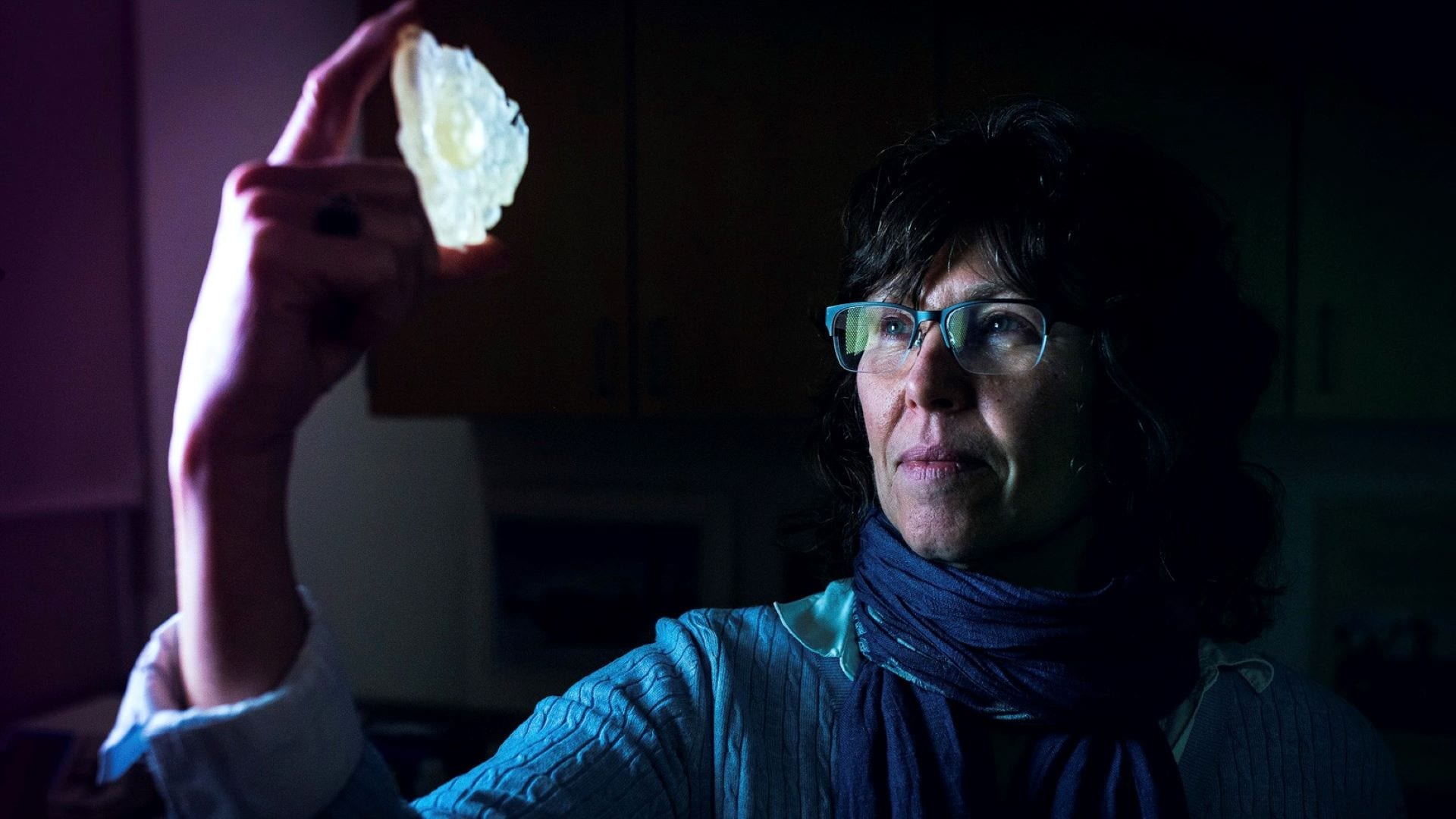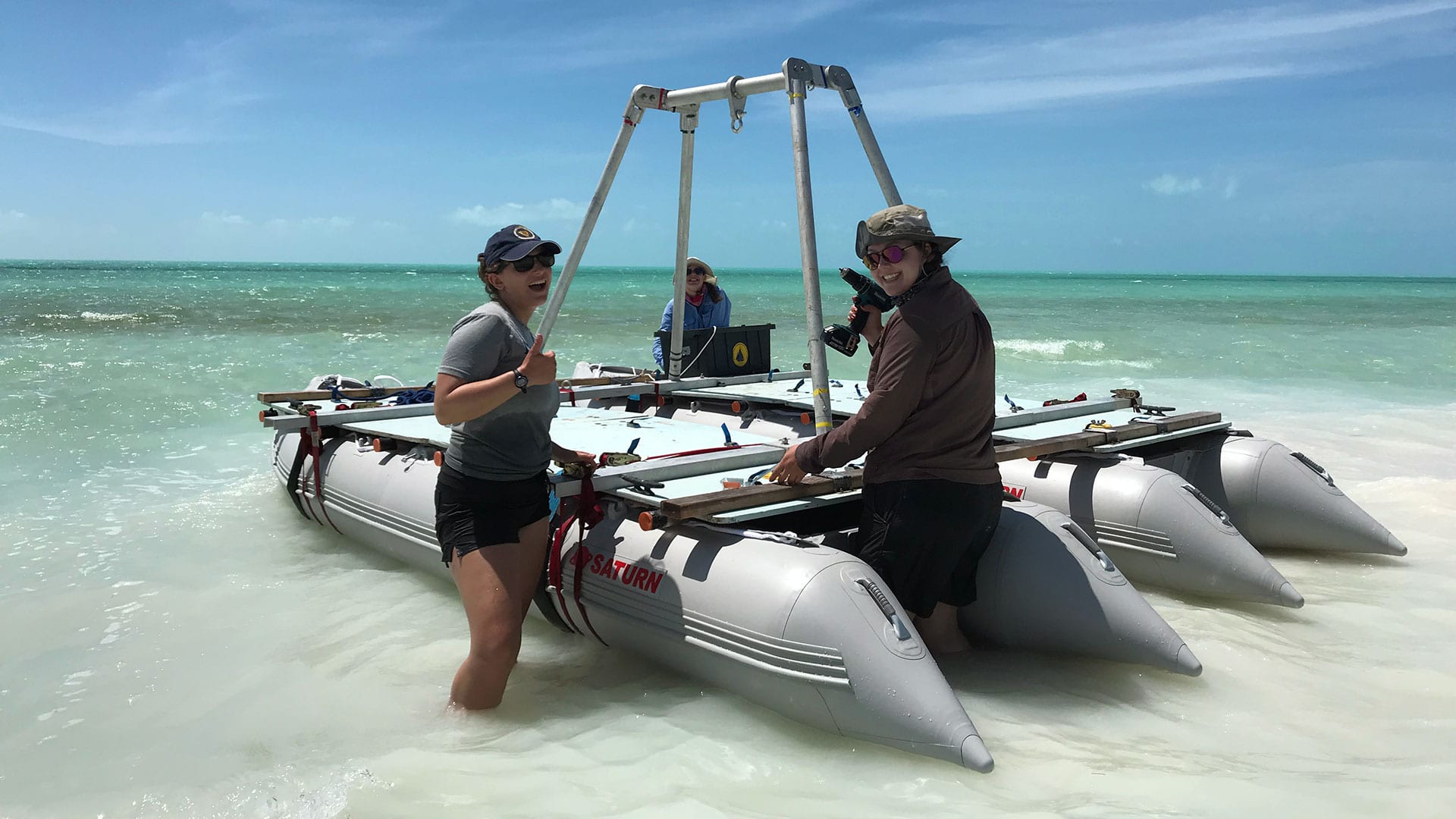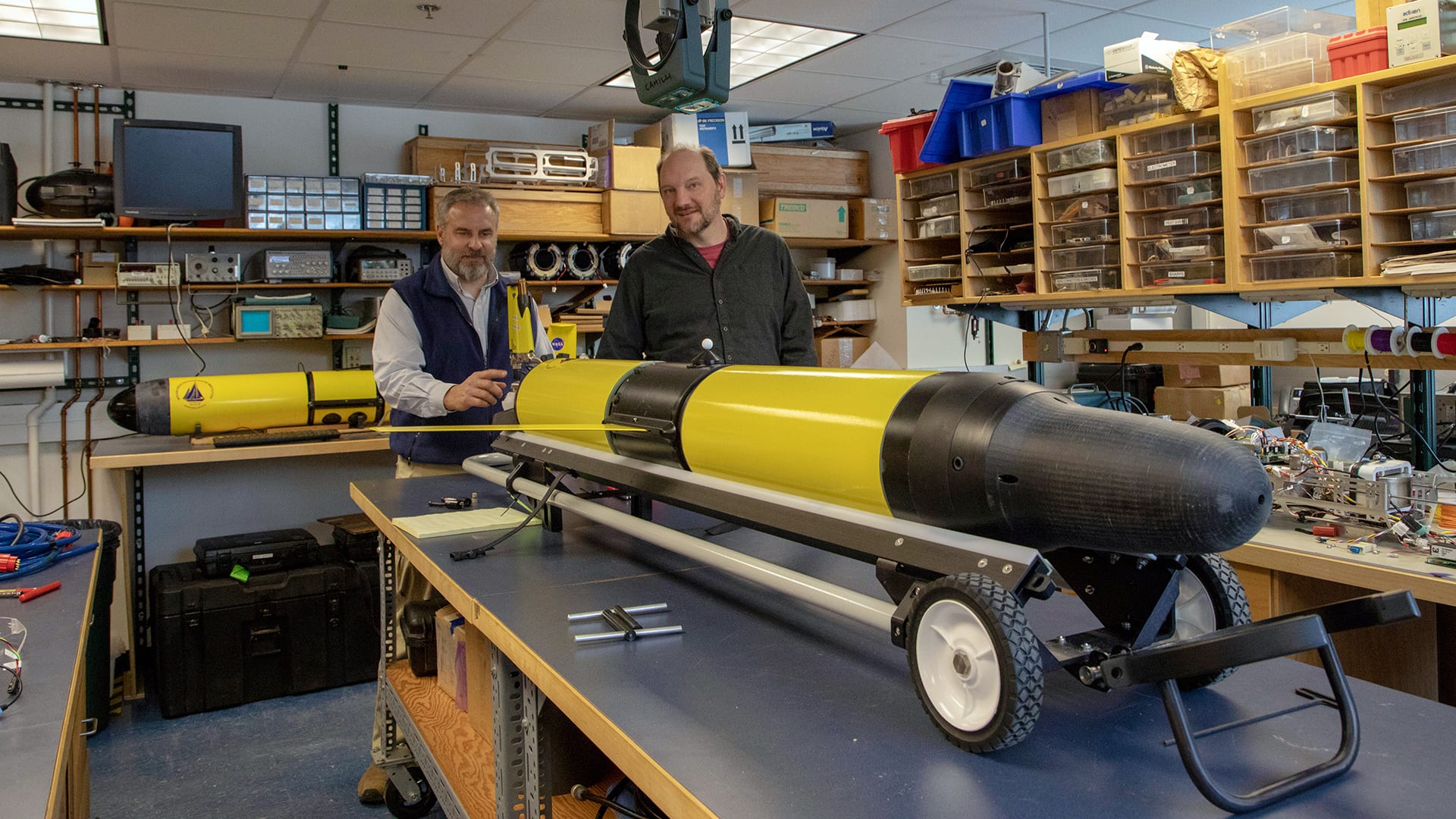News & Insights
North Atlantic Ocean yields clues for better weather predictions
Findings of a new study investigating the interactions between the North Atlantic Ocean and the atmosphere will lead to more attention to how the ocean can be an important source of predictability in weather and climate.
Read MoreWill melting glaciers cool the climate?
As glaciers melt at unprecedented rates, WHOI’s Simon Pendleton is looking back to historical records to predict whether this new cool runoff will slow ocean circulation and cool the northern hemisphere––findings which could mean adjustments to some climate predictions.
Read MoreWHOI weighs in on climate change report
Rick Murray, WHOI Deputy Director and Vice President for Research, weighs in on the IPCC’s special report on the ocean and cryosphere in a changing climate.
Read MoreMining climate clues from our whaling past
Climate scientists work with historians to tap weather records from old New England whaling logbooks. They hope to leverage the historical data to gain new insights into modern-day climate conditions.
Read MoreWHOI Hosts Public Forum on Climate Change and Global Water Supplies
Drought or Deluge The Ocean and Earth’s Changing Water Cycle Thursday, May 17, 2012 • 7 p.m. Redfield Auditorium at Woods Hole Oceanographic Institution Corner of Water and School Street,…
Read MoreThe Ocean’s Role in Climate
Testimony to the Senate Committee on Commerce, Science and Transportation July 18, 2000 My name is Raymond Schmitt, I am a Senior Scientist in the Department of Physical Oceanography at…
Read MoreFAQs about Ocean Alkalinity Enhancement
Ocean Alkalinity Enhancement was highlighted in this Wall Street Journal article about some of the measures under consideration to help regulate climate. Read the story here or listen to the…
Read MoreRecognizing Massachusetts Right Whale Day
April 24 marks the first-ever Right Whale Day in Massachusetts. WHOI biologist and veterinarian Michael Moore recently met with the resident who brought this special recognition about– and explains why it’s important to raise awareness about the critically endangered North Atlantic right whale.
Read MoreWhat happens to natural gas in the ocean?
WHOI marine chemist Chris Reddy weighs in on a methane leak in the Baltic Sea
Read MoreWHOI builds bridges with Arctic Indigenous communities
NSF program fosters collaboration between indigenous communities and traditional scientists, allowing WHOI’s autonomous vehicles to shed light on a changing Arctic
Read MoreMining ancient dust from the ocean’s loneliest spot
Researchers investigate dust from the ocean’s farthest point from land to reconstruct the climactic history of the Southern Hemisphere, and understand how micronutrients have influenced biological productivity in this oceanic desert.
Read MoreThe future of the ocean’s conveyor belt
WHOI scientist Young-Oh Kwon discusses the state of the AMOC—the crucial North Atlantic current that regulates our planet’s climate.
Read MoreUnderstanding the Melting Arctic
Glaciologist Sarah Das explains why surface melting and runoff across Greenland’s mile-thick ice sheet sped up dramatically in the 20th and 21st centuries, showing no signs of abating.
Read MoreInvestigating the ocean’s influence on Australia’s drought
Researchers look to the Indian Ocean for clues on how Australia’s blazing wildfires and bone-dry conditions have reached such extremes.
Read MoreFalling in love with foraminifera
A marine geobiologist falls for the ‘brains’ and beauty of an ancient single-celled creature that can change its shell into a variety of geometric shapes.
Read MoreFifty years later, the West Falmouth oil spill yields lasting contributions to remediation efforts
After 175,000 gallons of oil spilled from a barge that ran aground along West Falmouth Harbor, the contaminant has all but disappeared, save a small marsh inlet that continues to serve as a living laboratory for scientists at Woods Hole Oceanographic Institution.
Read MoreWHOI scientists win awards
Two WHOI scientists were among 82 distinguished scientists to receive accolades from the AGU, and another WHOI scientist was elected an American Meteorological Society (AMS) fellow for 2020.
Read MoreHurricane Clues from a Caribbean Blue Hole
Scientists look to sediment cores from Caicos Island to gain insights about a monster, modern-day hurricane.
Read MoreNavigating the Changing Arctic
New, fully autonomous glider will collect critical-but-scarce ice thickness measurements from below the surface of the Arctic ocean.
Read MoreDeep Sea Challenge: Innovative Partnerships in Ocean Observing
Dr. Susan K. Avery, President and Director Woods Hole Oceanographic Institution June 11, 2013 – Written testimony presented to the U.S. Senate Committee on Commerce, Science, and Transportation Subcommittee on…
Read MoreOversight Hearing on “Ocean Science and Data Limits in a Time of Crisis: Do NOAA and the Fish and Wildlife Service (FWS) have the Resources to Respond?”
June 15, 2010 Christopher M. Reddy, Ph.D., Associate Scientist, Marine Chemistry & Geochemistry, Woods Hole Oceanographic Institution June 15th, 2010—Subcommittee on Insular Affairs, Oceans, and Wildlife Committee on Natural Resources…
Read More
